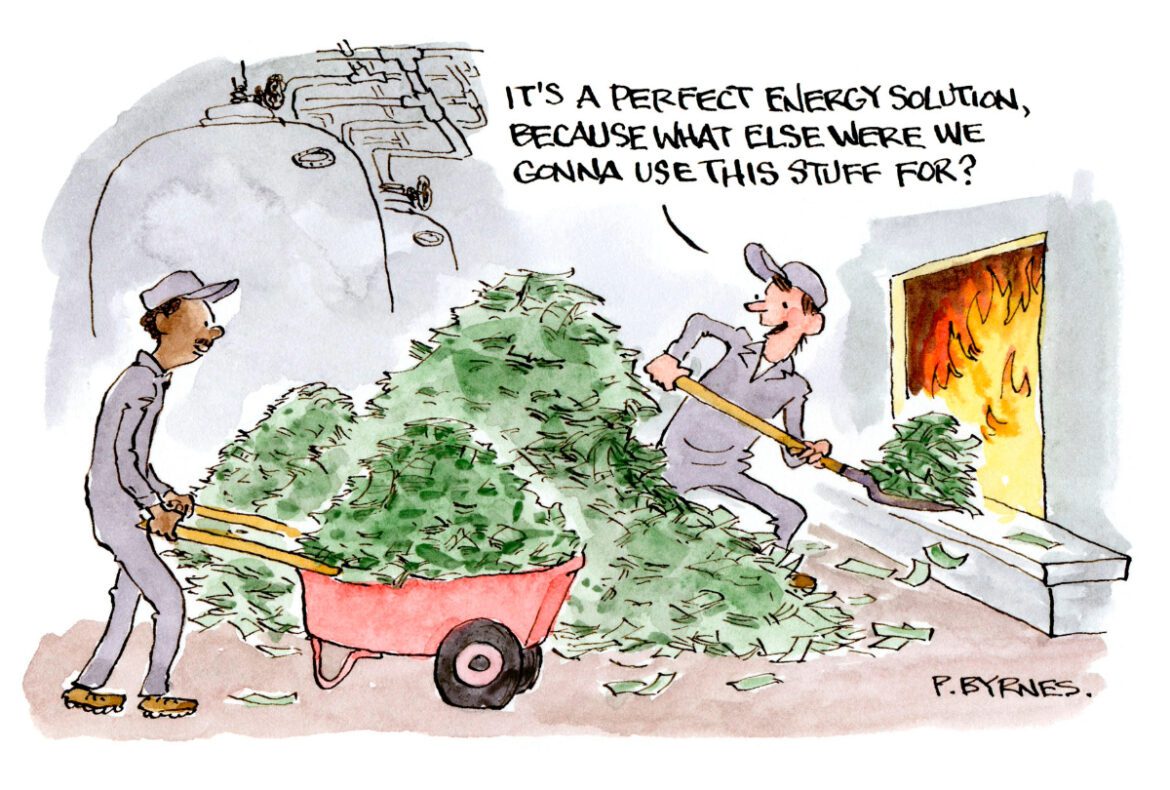
We have long known how bad meat consumption is not just for animals, but for environmental health and our planet. As the Guardian reported a few days ago, a new study, published in Nature, confirms that a plant-based diet results in “75% less climate-heating emissions.” The Farm Bill debated in Congress is a chance to shift away from industrial agriculture. But, it must go hand in hand with a reduction in meat consumption.
And yet meat consumption is on the rise, and, most disturbingly, the climate movement is basically silent about it. Although trailblazers like the UK’s “Earthling” Ed Winters have long demonstrated the connection between animal agriculture and greenhouse gas emissions, I frequently encounter resistance to giving up animal products even among climate scientists and activists.
Why? If it’s healthier for you and better for the planet and one of the most cost-effective methods to address climate change according to the Drawdown Project—what on earth is keeping everyone from doing the right thing?
Of course, partly it’s due to loud right-wingers shouting foul. Back when agricultural reform became part of the Green New Deal in the US, they immediately claimed that the “woke mob” was out to ban hamburgers and hot dogs. Curious, isn’t it? That people are told to be afraid of something that’s scientifically proven to be good for them?
Reminds me of the tobacco industry that lied about the danger of smoking for decades—and still spends billions to market its product today. Luckily, many people gave up smoking. Now there’s an even bigger killer on the loose called climate change, wouldn’t you also rather give up meat than your livelihood?
I get that it may not sound easy to give up beloved dishes that are part of your culture. I grew up in Germany, and that meant growing up on meat. Schnitzel, sausages, cold cuts—as a child, I loved them all, especially my mom’s pork casserole where the meat was braised with mustard (Schweinebraten mit Senfkruste).
In our large family (I’m the oldest of six, typical for a pastor’s household, people always joked) you got to choose the main meal on your birthday. My mother didn’t have to ask. Schweinebraten mit Senfkruste it was. Year after year.
It wasn’t until my third year in college that my love of meat was challenged. My boyfriend at the time introduced me to his mother—a vegetarian. I had hardly ever heard the word before. She showed me how to cook tofu, which I liked immediately. She also showed me how to season vegetables with all sorts of spices and herbs, which had never really been part of our “salt and pepper” cooking at home. I was intrigued. But there wasn’t much discussion about the ethics or health issues here either. She was just a vegetarian, and so was her son, and I was happy to go along with it for a while… until I really felt like having a steak.
Then I came to Reed College and met Adriana and Ariel, who had been vegetarian since childhood when they had watched a film together about the cruel treatment of animals in factory farms. It made them decide from one day to the next to never touch meat again. And they were not just vegetarians. They were on a mission.
They had already convinced their entire family to give up meat. In the cafeteria, Ariel would unfailingly find and lecture me about the origins of the sausage on my plate. It was a perfect recipe to make me lose interest in sausage altogether. Later we watched Food, Inc. and other films together and read books about the health impacts of meat consumption. Why had these conversations never happened at home?
After thirty years as a vegetarian, I am now “trending vegan” because of the climate crisis. My kids, now adults, have never eaten meat. “Animals are friends, not food” they would cheerfully exclaim to their classmates when they were little. Today, many agree with them and are choosing a vegetarian or vegan diet.
Even my German family has greatly reduced its meat intake, and today Berlin, Germany is one of the cities with the most vegan options in the world. Which, it turns out, is what’s needed to entice people to opt for vegan/vegetarian alternatives. To stubborn meat enthusiasts—and my fellow climate activists—I say: If the Germans can do it, you can do it, too!
I have not had Schweinebraten mit Senfkruste for my birthday in decades, and yes, initially it was hard to convince my mother that this was no longer a way she could show me her love. But she got over it. And even when I miss it every now and then, I only have to remind myself that pigs are among the gentlest and smartest creatures on earth, and the methane emitted from factory farms is a major contributor to greenhouse gases in the atmosphere heating up our planet. And then I gladly invite my friends over for an organic kale salad and curry tofu instead. I highly recommend it!

